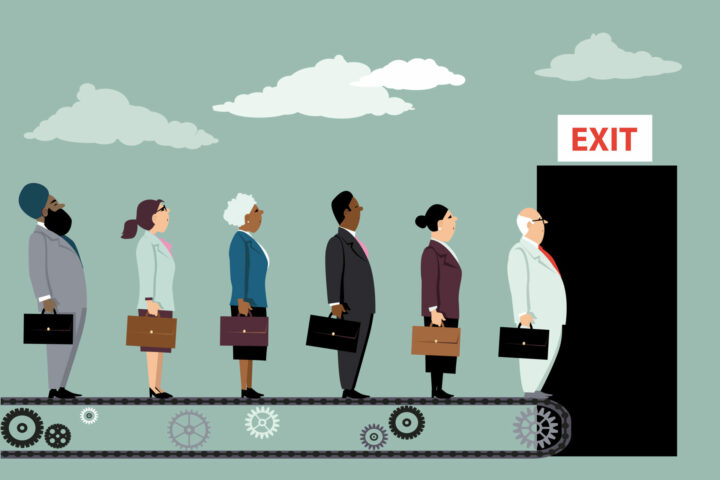A return to work was the top ‘practical’ concern (83%) for employees with cancer, research from a report by Legal & General (L&G) and Perci Health has found.
This concern appeared significantly ahead of the following two concerns, which were challenges with lifestyle activities (65%) and challenges with social activities (59%).
Interestingly, the report revealed that the return to work concern did not seem to be directly associated with finances.
In fact, financial difficulties appeared in the bottom three practical concerns, cited by 28% of people, just ahead of relationship difficulties (26%) and difficulty speaking with children (12%).
The top ‘physical’ and ‘psychological’ effects of cancer, reported by employees supported, were reduced energy (91%) and anxiety (78%) respectively.
Vanessa Sallows, claims and governance director, retail group protection at L&G, said: “The challenges faced by individuals with a cancer diagnosis are incredibly complex.
“To adequately address these challenges, we must provide integrated, specialist and personalised care, using the multidisciplinary (MDT) approach; all of this built into our protection offerings.
“In this way, we’re not only improving outcomes for the employees we’re covering and providing holistic support, but also addressing the wider impact of cancer in the workplace and wider society.”
Kelly McCabe, co-founder and CEO at Perci Health, said: “As more working age people are diagnosed, and more people are surviving longer, therefore needing to return to work after treatment, it is increasingly important to provide good quality clinical and vocational rehabilitation.
“Employment is one of the most important determinants of physical and mental health. The long term unemployed have a lower life expectancy and worse health than those who work.
“Not only does it provide financial security, but it’s about restoring identity, rebuilding confidence, and reclaiming normality – work can be a powerful anchor during recovery.”
McCabe added: “At Perci Health, our specialist-led rehabilitation model addresses not only the physical effects of cancer, but also the many psychological barriers – anxiety, low mood and loss of confidence – that can stand in the way of returning to work.
“Supporting people back into meaningful roles is central to our mission, because we know that good work is beneficial for health.”

















